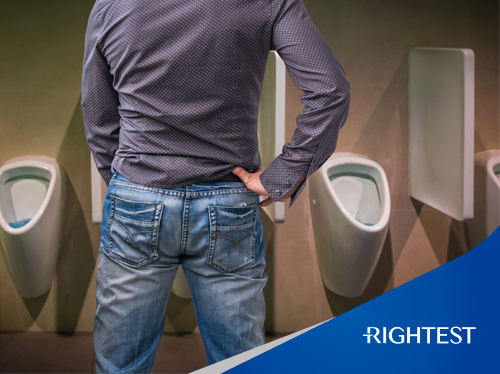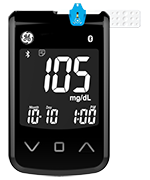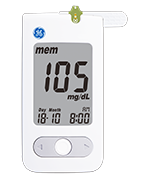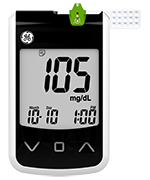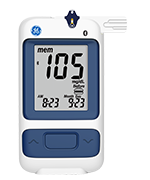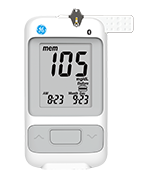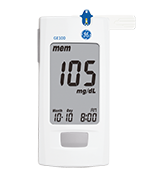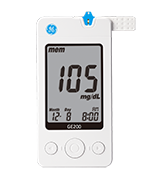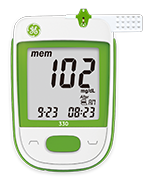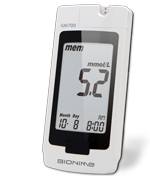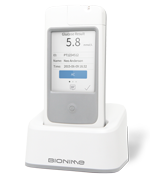There are bubbles in my urine: is there a problem with my kidney?
Kidneys are important organs of the human body. They are richly innervated with capillary blood vessels and are responsible for waste filtration and regulation of the body’s water and electrolytes. Diabetic nephropathy is one of the common chronic complications of diabetes; prolonged hyperglycemia, high blood pressure and high blood lipids will adversely affect the capillaries of the kidneys, resulting in gradual loss of filtration functions. The body loses the ability to retain useful proteins, which are loss through the urine and forms bubbles. While urine with bubbles doesn’t always contain proteins, the condition of proteinuria is often foam-like in appearance.
Diabetes is the primary cause of end-stage renal disease (ESRD) in countries like the North America, Europe, Japan and Taiwan. About 40% of new ESRD cases are derived from diabetic nephropathy. The first sign of the disease is the presence of microalbumin in the urine; as the disease progresses, extensive proteinuria and reduction in glomerular filtration rate are the signs of late-stage chronic kidney disease, and would go on to develop into end-stage renal disease. At this point, blood or peritoneal dialysis is necessary for maintaining life.
What are the symptoms of diabetic nephropathy?
Initially, the symptoms may be inconspicuous; the presence of symptoms indicates that the kidneys are losing its functions. Fluid retention is one of the first symptoms, followed by insomnia, loss of appetite, upset stomach and fatigue.
How to screen for and prevent the disease?
Early indicators of diabetic nephropathy are urinary albumin and estimated glomerular filtration rate. The American Diabetes Association recommends annual examinations for type 1 diabetes patients 5 years after onset of disease, post-diagnosis for type 2 diabetes patients, and all diabetes patients with hypertension, so that the disease can be caught and treated prematurely. Health care providers also recommends all people with diabetes to manage well on their disease (including blood sugar, blood pressure and blood lipid levels) and quit smoking to prevent or delay the onset of diabetic complications.
References: 1. American Diabetes Association
